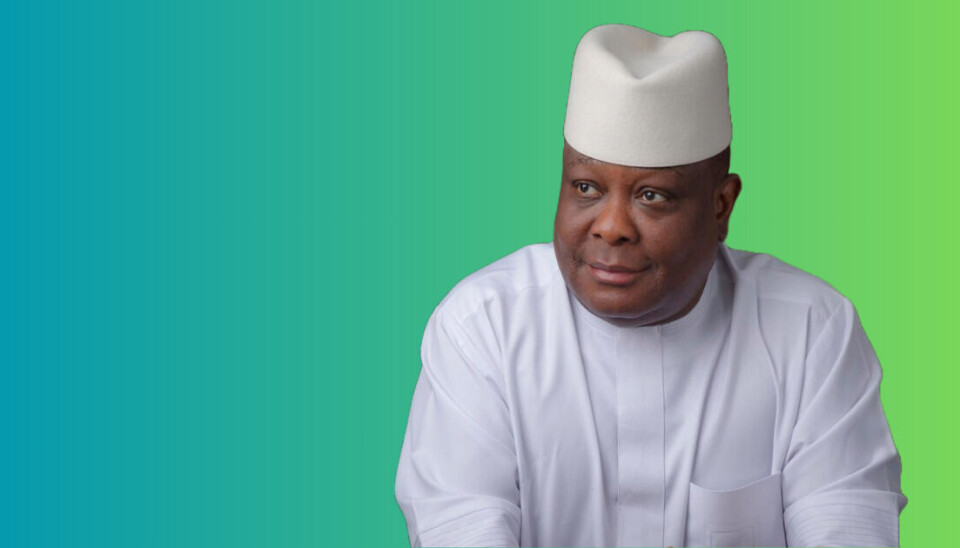Copyright : Re-publication of this article is authorised only in the following circumstances; the writer and Africa Legal are both recognised as the author and the website address www.africa-legal.com and original article link are back linked. Re-publication without both must be preauthorised by contacting editor@africa-legal.com
Nigeria considers expanding Supreme Court while narrowing its legal focus to tackle cases backlog

On Friday, Senator Osita Izunaso revealed the Nigerian Senate was currently reviewing his proposal to increase the maximum number of the country’s Supreme Court Justices from 21 to 30
As part of efforts to tackle the rising backlog of cases and boost efficiency of Nigeria’s highest court, Senator Osita Izunaso revealed at a press briefing on Friday that he has sponsored a legislative proposal, currently being considered by the Nigerian Senate, to add nine further Supreme Court Justices while also narrowing the types of cases the country’s apex court would be asked to adjudicate on.
The constitutional limit of 21 Supreme Court Justices was reached in 2023, the most recent general election year in Nigeria, with 11 new appointments. However, that number is “grossly inadequate” said Senator Izunaso on Friday, pointing to how “overwhelmed” the country’s apex court has been, despite operating at full capacity.
“The volume of cases reaching the court daily is alarming,” said the Senator, who on Friday was celebrating two years of being elected to represent Imo West district in the 10th National Assembly, along with successfully defending his PhD dissertation on Maritime Law. “Some litigants are being given hearing dates as far ahead as 2027 and 2028 … Supreme Court justices typically sit in panels of five, or seven for constitutional matters. If we have 30 justices, it allows the formation of at least five panels simultaneously. That way, more cases can be handled at a faster pace.”
To further help improve the efficiency and effectiveness of the Supreme Court, Senator Izunaso’s proposed reforms would also narrow the focus of Nigeria’s apex court, removing low-level or ‘frivolous’ cases that risk cluttering its schedule.
“Do you know that even tenancy disputes, like ‘pay me my rent’ or ‘my landlord kicked me out’, go all the way to the Supreme Court?” said Senator Izunaso, who also shared a personal legal experience of a case involving deceased parties being fixed for hearing in 2026, even though the matter had already been settled three years before. “This is clogging the system and delaying justice for more critical matters.”
Senator Izunaso doesn’t believe cases such as land or tenancy disputes, or divorce battles should take up space and time in the very highest court in Nigeria.
“Many of these issues should start from the Customary Court and end at the High Court,” said the Senator. “The people at those levels understand the context better. The apex court should be reserved for cases of national or constitutional importance, things like terrorism, homicide, and grand corruption.”
